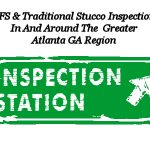
Hard Coat or Traditional Stucco Inspections
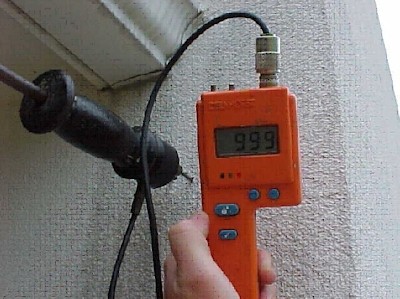
HardCoat Traditional Stucco home inspection services in Atlanta GA.
The purpose of a stucco inspection is to help assess the condition of the stucco system by looking for visible installation flaws, inadequate water diversion and sealant failures and to evaluate the wall sheathing/framing behind the system for elevated moisture levels. Please note that the provision of a scope of work for remedial repairs is not the purpose of most stucco inspections. Further investigation may be needed to determine the extent of water damage, if any, and how best to modify your stucco home to address any moisture problems that may be indicated by a stucco inspection.
Unfortunately, a visual inspection cannot tell the whole story and until invasive testing becomes standardized and sufficient data becomes available for our area, concealed damage in synthetic stucco houses will remain a question mark. If you were planning to purchase or sell a home with EIFS or Synthetic Stucco, we recommend a full stucco inspection be performed by a certified stucco inspector and included with your closing documents.
A basic stucco inspection should include the following:
- A visual examination of the condition of the stucco, exterior sealants, flashing, windows, doors, roof-to-stucco transitions, parapets, gutters, deck-to-building connections, stucco terminations and any penetrations through the stucco system.
- A moisture inspection of Traditional Stucco (hardcoat) using a Delmhorst BD-2100 moisture meter or the like.
- Preparing a report of our observations of potential problem areas.
- Providing detailed information on typical moisture-related problems in stucco homes to assist you in maintaining the value of your home.
Hardcoat systems are also susceptible to moisture damage if not properly applied, caulked and flashed. In this respect, it is no different than EIFS. Again systems with OSB (oriented strand board) sheathing tend to experience more severe damage when leakage occurs. One disadvantage of traditional hard coat stucco is that it is more susceptible to cracking than synthetic stucco due to expansion and contraction. For this reason, ASTM calls for expansion joints every 144 square feet, as well as between floor lines and at the corners of windows.
Servicing the greater Atlanta, Marietta, Decatur, Norcross, Johns Creek, Duluth, Alpharetta, Fayetteville, Newnan, Kennesaw, Peachtree City, Roswell, Smyrna, Woodstock, Austell, Acworth, North Metro, Lilburn, Turin, Conley, Sargent, Union City, Ellenwood, Avondale Estates, Holly Springs, Palmetto, Suwanee, Sharpsburg, Tyrone, Clarkston, Clarkdale, Fairburn, Moreland, Mableton, Senoia, Red Oak, and Powder Springs Georgia region.

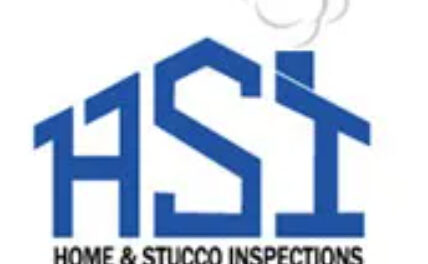

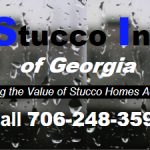

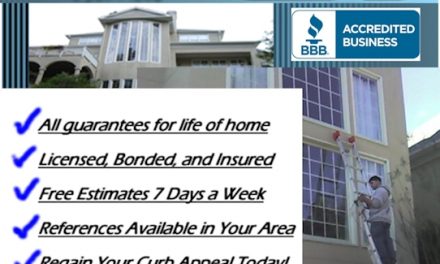

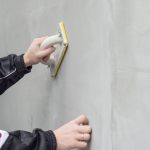
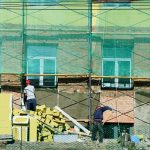
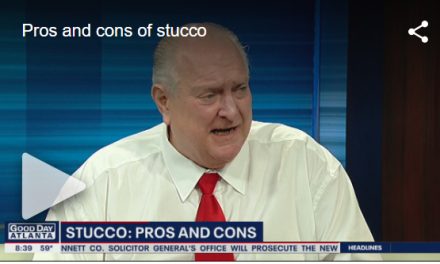



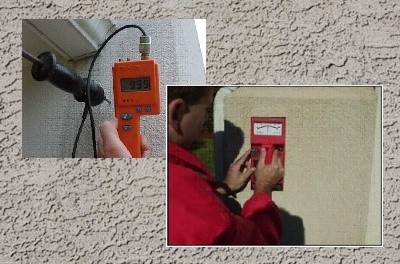
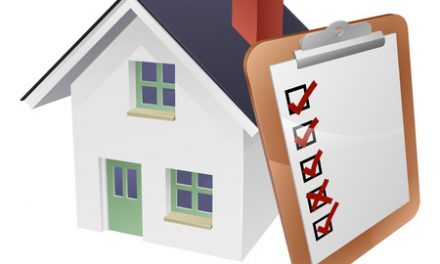
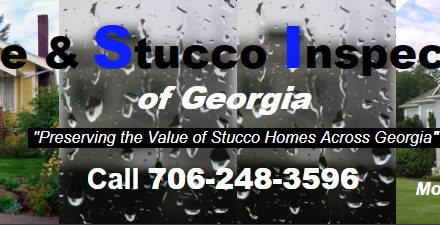
Recent Comments